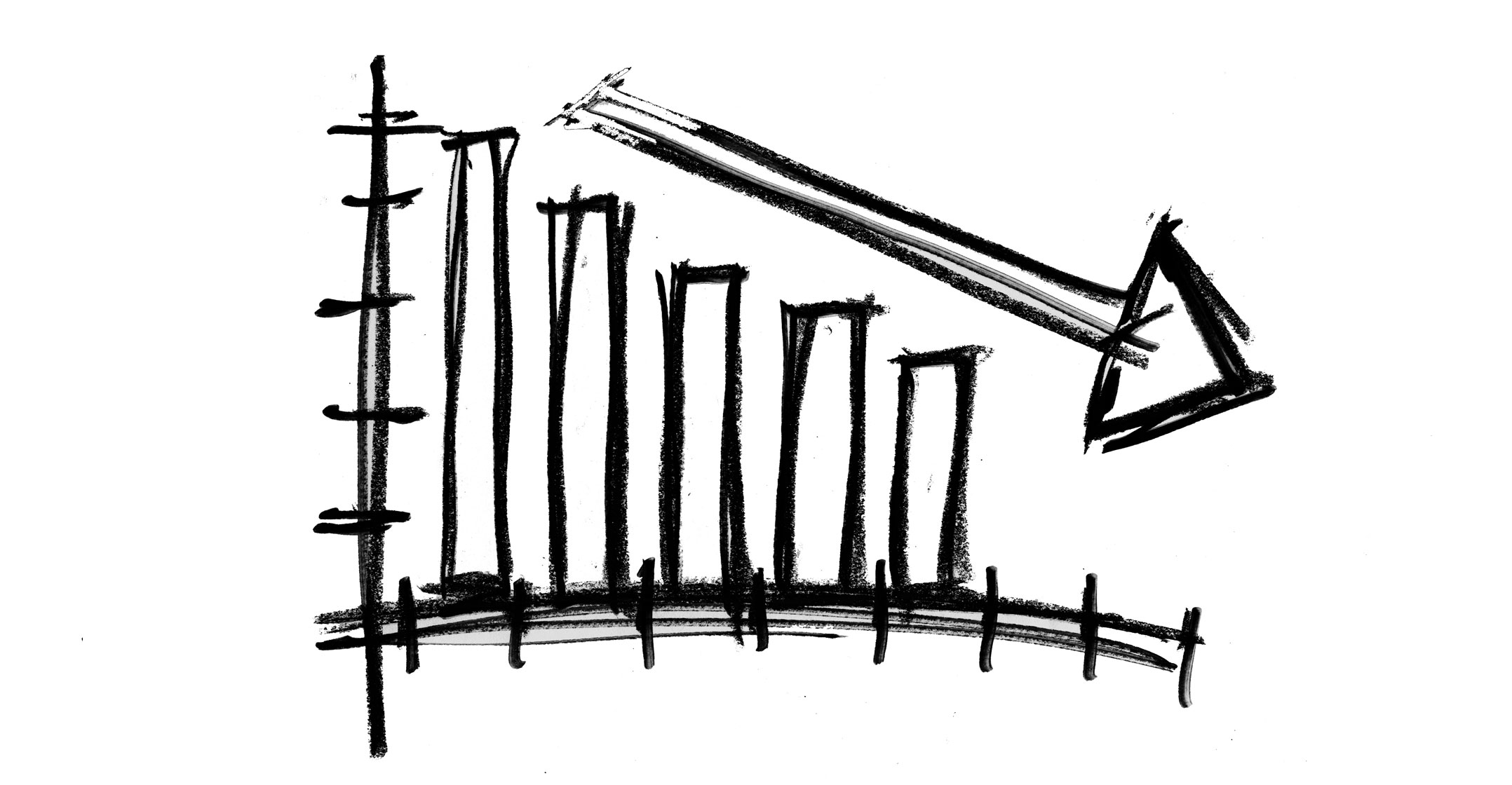
[dropcap]S[/dropcap]outh Africa’s economy fell into a recession for the first time since 2009 after it contracted for a second straight quarter in the first three months of the year.
GDP shrank an annualised 0,7% in the first quarter from a contraction of 0,3% in the previous three months, Statistics South Africa said in a report released on Tuesday in Pretoria. The median of 19 economists’ estimates in a Bloomberg survey was for 1% expansion. One economist forecast the contraction.
While rains are helping the economy recover from a 2015 drought that was the worst since records started more than a century earlier, political uncertainty has hampered implementing reforms aimed at boosting growth.
President Jacob Zuma changed his cabinet and fired Pravin Gordhan as finance minister in March, a move that saw the nation lose its investment-grade status with two ratings companies for the first time in 17 years.
“There is a risk that these contractions are not over and we could see another negative coming out in the second quarter of this year,” Annabel Bishop, the chief economist at Investec, said by phone from Johannesburg.
All industries except agriculture and mining contracted in the quarter, the statistics office said.
The rand lost 1,1% to R12,85/US$ by 11.42am. Yields on rand-denominated government bonds due in December 2026 rose seven basis points to 8,5%, the first increase in five days. The six-member banks index extended declines after the release, dropping 1,7% in Johannesburg.
Policy uncertainty
S&P Global Ratings and Fitch Ratings affirmed South Africa’s debt at the highest non-investment grade last week, with both companies saying policy uncertainty, political turmoil and slow economic growth pose a risk to fiscal consolidation. Moody’s Investors Service, which rates the nation at two levels above junk, has the nation on review for a downgrade.
South Africa’s growth slowed to 0,3%, the lowest rate since 2009, after low commodity prices, the effects of the prior year’s drought and weak demand for locally made goods weighed on output. Unemployment rose to a 14-year high in the first quarter.
The central bank on 26 May reduced its forecast for growth this year to 1% from 1,2%, and trimmed the outlook for 2018 to 1,5% from 1,7% because of the anticipated impact of the downgrades. — Reported by Arabile Gumede, Amogelang Mbatha and Aarti Bhana, (c) 2017 Bloomberg LP




